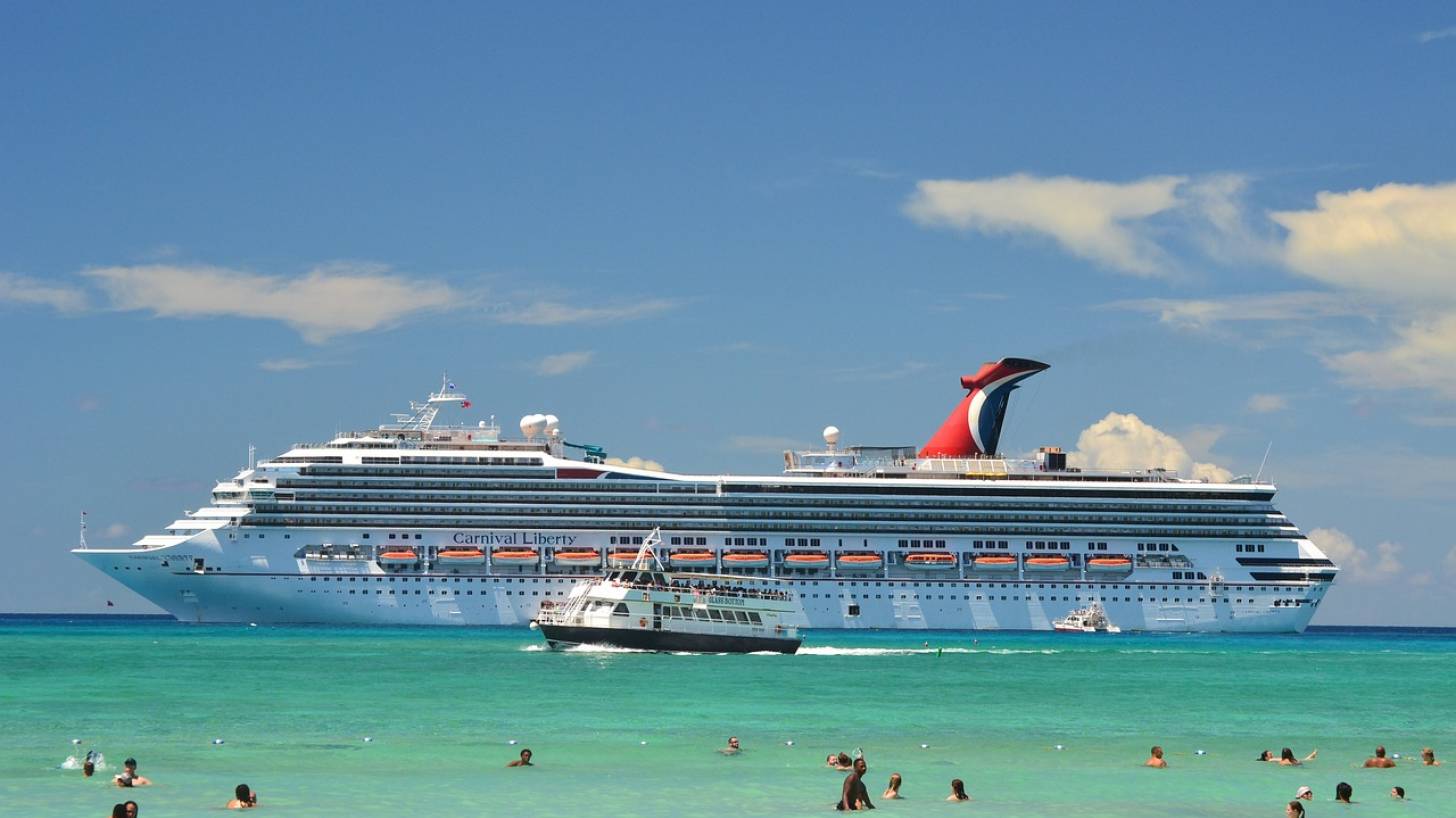Cruise Ships and Norovirus Don't Mix

When vacationing on cruise ships in 2024, travelers encountered new environments and met other voyagers, which increased the risk of illness due to contaminated food, water, or, more commonly, through person-to-person contact.
To keep everyone informed about disease outbreaks at sea, the U.S. CDC's Vessel Sanitation Program updated its list of cruise ships reporting illnesses as of December 25, 2024.
The CDC data show that various acute gastroenteritis outbreaks occurred in 2024, most attributable to norovirus. The dominant symptoms reported were diarrhea, vomiting, and abdominal cramps.
For example, the CDC reported the Queen Mary 2 voyage on December 21, 2024, and the number of passengers who reported being ill during the journey out of a total number of passengers onboard was 294 of 2,565 (11.5%). Of the crew reported being sick, 54 of 1,233 (4.4%).
The causative agent of this situation was unknown but could have been norovirus. The CDC says it doesn't always know the cause of the outbreak at the beginning of an investigation.
Before you book a cruise, you can use the CDC's Advanced Cruise Ship Inspection Search solution to ensure your chosen cruise ship's sanitation score is 86 or higher. This CDC list reveals which cruise ships failed to meet the hygiene standards.
Cruise ships are not the only source for norovirus outbreaks.
During August - December 11, 2024, there were 495 norovirus outbreaks reported by NoroSTAT-participating states. During the same period last year, these states reported 363 norovirus outbreaks.
While vaccines against norovirus diseases are in high demand, developing a broadly effective vaccine remains difficult, owing to the diversity of noroviruses, which have multiple variants of different genotypes.
As of December 28, 2024, norovirus vaccines are unavailable, but various vaccine candidates are conducting research studies.
Moderna Inc., a leading pharmaceutical company, is developing an mRNA-1403 (trivalent) vaccine. The Nova 301 Phase 3 clinical trial is a randomized, observer-blind, placebo-controlled study expected to be completed in 2027.
Our Trust Standards: Medical Advisory Committee
























